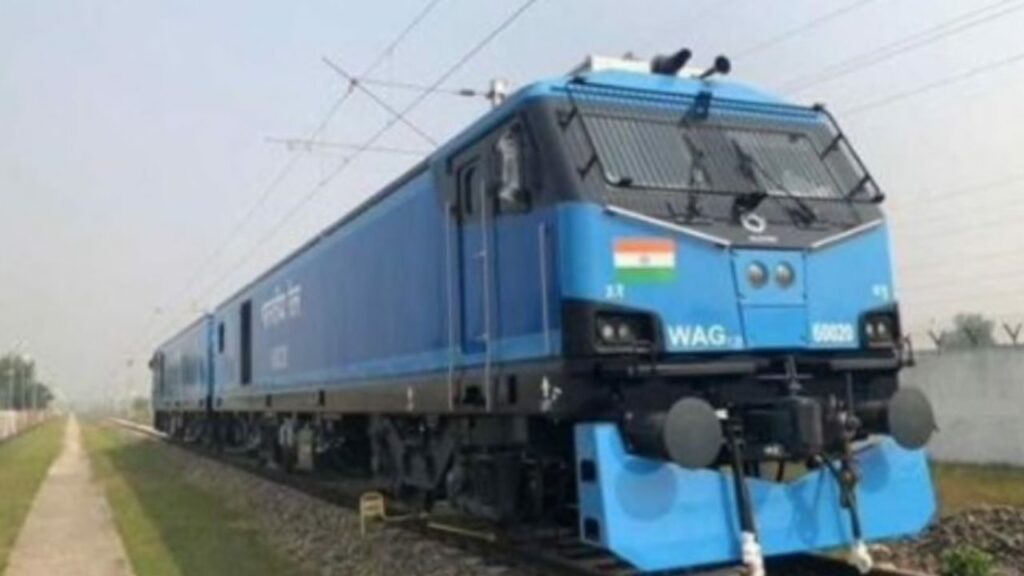In a significant policy shift, the Indian government has decided to revert to its previous recruitment strategy for railway officers. This move marks a U-turn from the 2019 decision and reintroduces a dual-track recruitment process, balancing technical and non-technical expertise in the railway sector.

The Policy Reversal
Key Points:
- The Centre has approved recruitment of railway officers through both Civil Services Exam (CSE) and Engineering Services Exam (ESE) conducted by UPSC.
- This decision overturns the recent practice of recruiting only through CSE for the Indian Railway Management System (IRMS).
Decision-Making Process
- The Department of Personnel and Training (DoPT) conveyed in-principle approval to the Ministry of Railways’ proposal dated October 3, 2024.
- The approval came with the condition that the new scheme should not contradict the Cabinet decision of December 24, 2019.
Immediate Actions
- The Ministry of Railways promptly informed the Department of Telecommunications and UPSC about the decision.
- Request made to include IRMS recruitment in the already notified ESE Rules for 2025.
- Proposal to extend the application deadline to accommodate potential candidates.
Recruitment Details for ESE 2025
Tentative Vacancies:
- Total: 225 positions
- IRMS (Civil): 75
- IRMS (Mechanical): 40
- IRMS (Electrical): 50
- IRMS (S&T): 40
- IRMS (Stores): 20
Important Notes:
- The exact number of vacancies and category-wise breakdown (SC/ST/OBC/EWS/PwBD) will be confirmed later.
- The existing syllabus for ESE will apply to IRMS recruitment.
Rationale Behind the Decision
The Railways was facing challenges in finding suitable officers for technical categories after the elimination of ESE recruitment. The merger of engineering and non-engineering recruitments under IRMS had created a gap in specialized technical expertise.
Impact on Aspirants
- Increased opportunities for engineering graduates aspiring to join the railways.
- Restoration of a dedicated pathway for technical experts to enter railway services.
- Potential extension of application deadlines for ESE 2025 to accommodate this change.
Future Outlook
This policy reversal is expected to:
- Strengthen the technical expertise within the Indian Railways.
- Create a more balanced workforce with both generalist and specialist officers.
- Potentially lead to improved efficiency and innovation in railway operations.
Conclusion
The restoration of the dual recruitment policy for railway officers marks a significant shift in the Indian Railways’ human resource strategy. By reintroducing the Engineering Services Exam alongside the Civil Services Exam, the government aims to address the unique requirements of both technical and non-technical manpower in the railway sector. This move is likely to have far-reaching implications for the future of railway management and operations in India.












